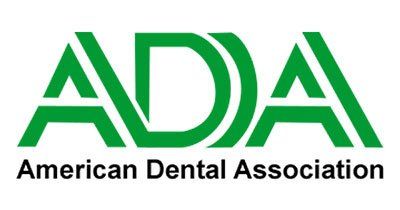Bruxism: What to Know
Most people grind their teeth from time to time, which is perfectly normal. But when this grinding happens regularly, it can damage teeth and cause other health problems. Teeth grinding is also known as Bruxism. Read on to learn more.
What Causes Bruxism?
While it is still not clear what causes teeth grinding, doctors suggest the condition can come about due to a combination of physical, genetic, and psychological factors.
- Sleep bruxism is often caused by sleep-related chewing when one is asleep.
- Awake bruxism may be caused by stress, anger, anxiety, or tension.
Symptoms of Bruxism:
Common symptoms of teeth grinding may include:
- Loud teeth grinding
- Fractured and chipped teeth
- Increased teeth sensitivity and pain
- Pain in the face, neck, or jaws
- Frequent sleep disruption
- Mild headache
Risk factors of Teeth Grinding
The following factors increase your risk of teeth grinding:
- Stress . The higher your stress levels, the more likely you will grind and clench your teeth.
- Age. Teeth grinding is more prevalent in young children.
- Genetic influence. Sleep bruxism is often passed on along family members.
- Personality. Aggressive and hyperactive people are more likely to suffer from bruxism.
Treatment for Bruxism
You should see your doctor immediately if you notice any of the above symptoms. Your doctor may recommend a mouthguard to protect your teeth while you sleep. If your teeth grinding problem is stress-related, your health physician will give you options to reduce your stress levels. The health professional will also carry out an assessment to rule out other causes of tooth wear, for example, erosion.
Other helpful management tips include:
- Reduce your caffeine intake
- Avoid alcoholic drinks
- Refrain from chewing on items such as pencils
- Practice stopping the urge to clench or grind your teeth
Conclusion
If you notice the above symptoms, visit your doctor as soon as possible. Contact our trained and experienced dentists today to assess your condition and determine the right treatment options before it’s too late to reverse the damage caused.
The post Bruxism: What to Know appeared first on South Holston Dental Designs.




